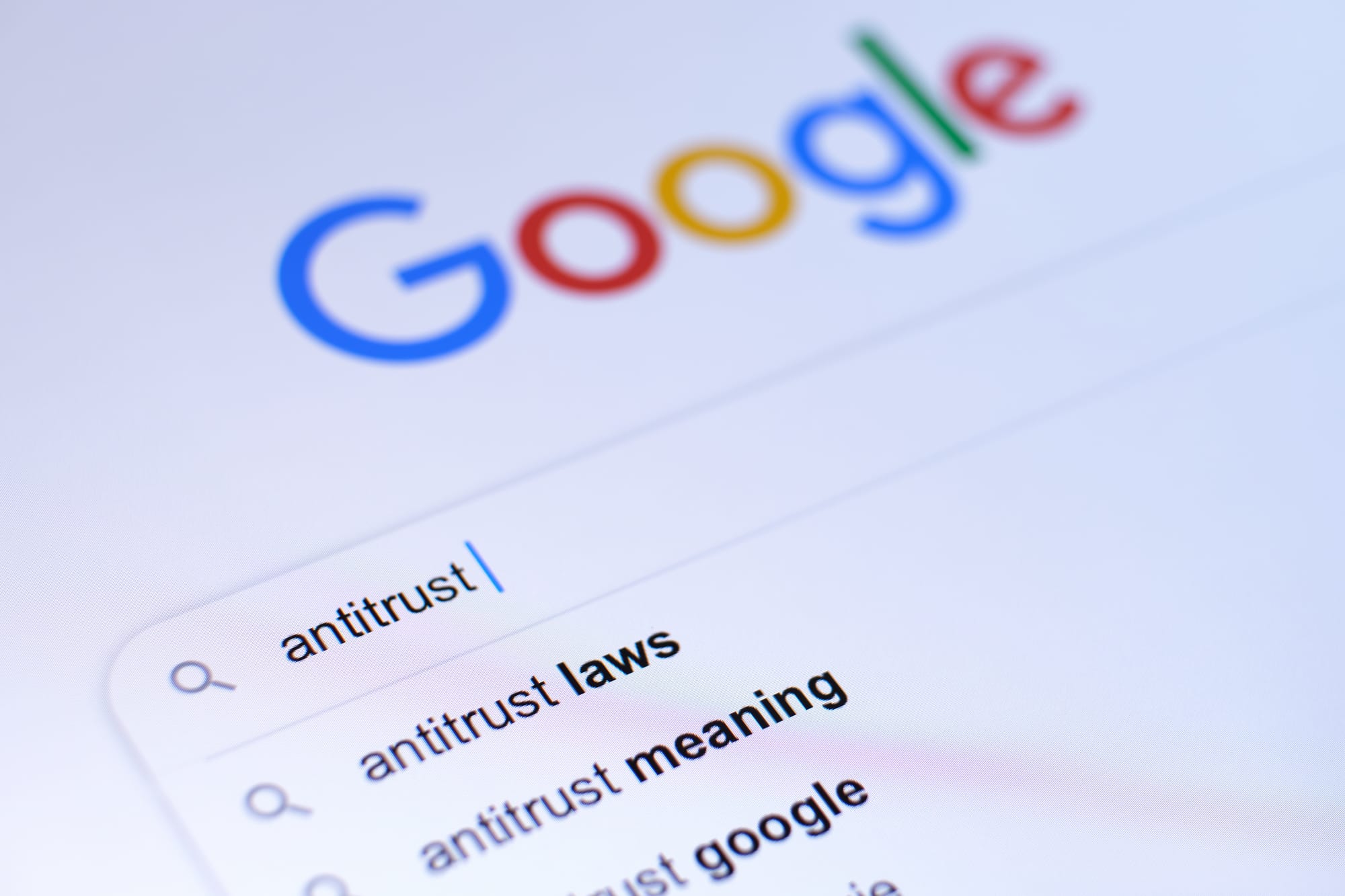Google CEO Sundar Pichai’s testimony this week was nothing short of a warning flare: the Justice Department’s proposed antitrust remedies, he argued, are so “far-reaching” and “extraordinary” that they could make it “unviable” for Google to continue investing in Search at all. The DOJ wants Google to share its search index and data with competitors and even divest its Chrome browser-a move Pichai likened to a “de facto divestiture” of Google’s core intellectual property.
Pichai’s core argument is that forcing Google to give away its secret sauce at minimal cost would let rivals “reverse engineer and effectively build Google Search from the outside,” erasing any incentive for Google to pour billions into R&D and AI innovation. Last year alone, Google invested $49 billion in these areas. “It’s unclear to me how we would finance all the innovation we pursue if we were compelled to provide it all at marginal cost,” he told the court.
The DOJ, for its part, insists that breaking Google’s monopoly is the only way to level the playing field for new competitors and foster real choice for consumers. But as Pichai put it, “It will have many unintended consequences”. The real question is whether these remedies will spark the competition regulators hope for-or risk stifling the very innovation that made Google Search indispensable in the first place.














Discussion